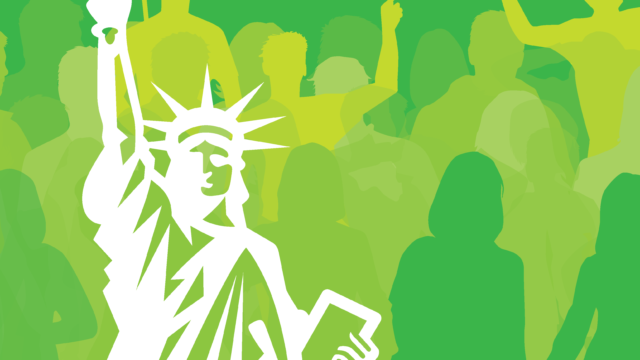As we get closer to the historic women’s march this Saturday social media is being populated with reasons #WhyIMarch. Across the state and country, the PowHerNY Network of over 100 groups will rally around our Call to Action. Our rally cry will urge elected officials to prioritize women’s equality and addresses eight key issues, which especially affect women of color; immigrant women; lesbian, bisexual and transgender women; women with disabilities; and women with low or fixed incomes. This is #WhyWeMarch:
- Better Jobs: The jobs in which women hold are crucial. Not only are women do women need have improved conditions in low and tipped waged jobs, but also break into new sectors that have higher pay. Careers in STEM and trade industries will not only not allow women and their families to escape the poverty that often results from low-wage jobs, it will strengthen the economy.
- Equal Pay and Fair Wages: Despite factors like industry, occupation level, education, and work experience, at least 41% of the wage gap is due to bias, harassment, and discrimination. It only worsens as women’s careers progress. LGBTQ women, women with disabilities, women of color, mothers of color, single mothers of color, and most dramatically, single mothers of color in the low-wage workforce, suffer above all.
- Improved Workplace Practices: Where women work matters. The reality is that the “traditional family” with a male breadwinner is now the exception with 7 in 10 mothers working. The workplace needs to reflect this change in society, especially for women who are the primary caretakers. This means that workplaces also need to reflect this change with paid family leave and predictable schedules.
- Leadership Roles: Since the 1990s, women have outnumbered men in college completion rates and now make up nearly half the workforce, but we still struggle to shatter the glass ceiling on leadership at all levels. At the current rate, overall parity will not be reached in the United Stated until 2085. Institutional bias, obstacles like the influence of money in politics, and overt and subconscious discrimination against women – in particular women of color – must be addressed head on to close the leadership gap.
- Caregiving Support and Quality Child Care: Unpaid caregivers, over 43 million adults in the United States, provide unpaid care to an adult or a child annually. Paid caregivers must cope with low wages, often insecure working conditions and schedules, and the demands of their own families. Child care that is affordable, accessible and high quality is an enormous challenge for most families. NYS can play a bigger role in helping families find and afford better caregiving options.
- Affordable Housing: Because women tend to have higher levels of poverty, the need for safe and affordable housing is becoming ever more crucial. Lack of housing decreases a woman’s health, increases her chance of physical and sexual abuse and is an unstable environment in which to raise children.
- Physical Security: Personal safety and economic security are inextricably linked for all men and women. However, interpersonal violence, sexual assault, and sexual harassment on campus and the workplace, disproportionately impact both women’s earning and learning. Missed days of work, lateness, poor performance, or dropping out of school all jeopardize one’s education or employment with devastating financial consequences.
- Healthcare, including reproductive services: Reproductive health is part and parcel of women’s whole health and they need access to every component from vaccines to birth control to abortion. Women require 100% – caring for whole health means serving all our mental, physical and reproductive health care needs. Although New York is tied for tenth place nationally for reproductive rights, our state law is antiquated and services are limited.


